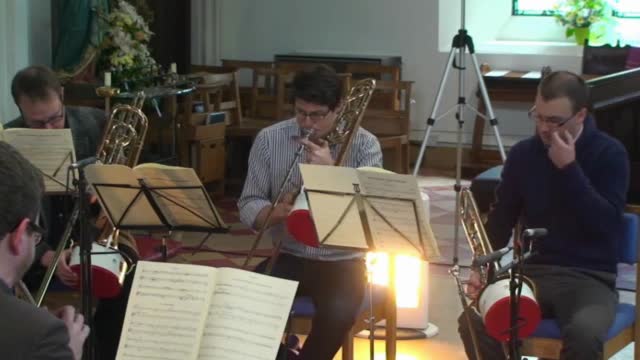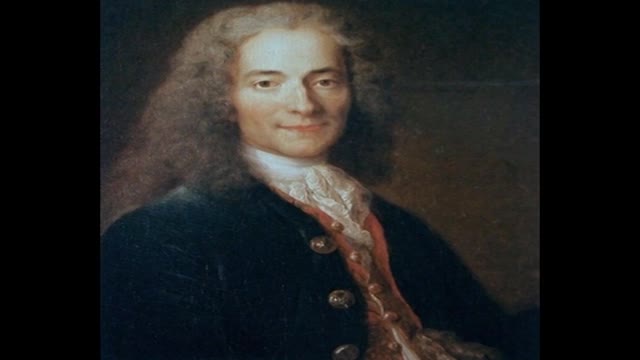
John Blow was the most significant English composer in the generation before Henry Purcell, 10 years his junior, whom he outlived by 13 years. Born in 1649, the year of the execution of King Charles I, he was young enough to benefit from the revival of church music that followed the restoration of the monarchy in 1660.
Stage Works
Blow’s Venus and Adonis, a charming masque designed for the King’s entertainment, influenced Purcell’s better-known short opera Dido and Aeneas, by the side of which it deserves a place.
Sacred and Secular Vocal Music
Like Purcell, Blow wrote music mourning the death in 1695 of Queen Mary, a monarch for whom he had six years earlier written coro...
2 items found
2 items found
| Title | |
| BLOW, J.: Venus and Adonis, Act III: Mourn for thy servant (arr. M. Knight) (from Naxos 8.573386) | |

|
BLOW, J.: Venus and Adonis, Act III: Mourn for thy servant (arr. M. Knight) (from Naxos 8.573386)
Composer:
Blow, John
Artist:
Septura
Label/Producer: Naxos Video Footage |
| SWIFT, J.: Famous Authors: The Life and Work of Jonathan Swift (music by J. Blow and H. Purcell) (Documentary, 2001) | |

|
SWIFT, J.: Famous Authors: The Life and Work of Jonathan Swift (music by J. Blow and H. Purcell) (Documentary, 2001)
Composers:
Blow, John -- Purcell, Henry
Artists:
Elysium Ensemble -- Hossick, Malcolm
Label/Producer: TMW Media Group |
